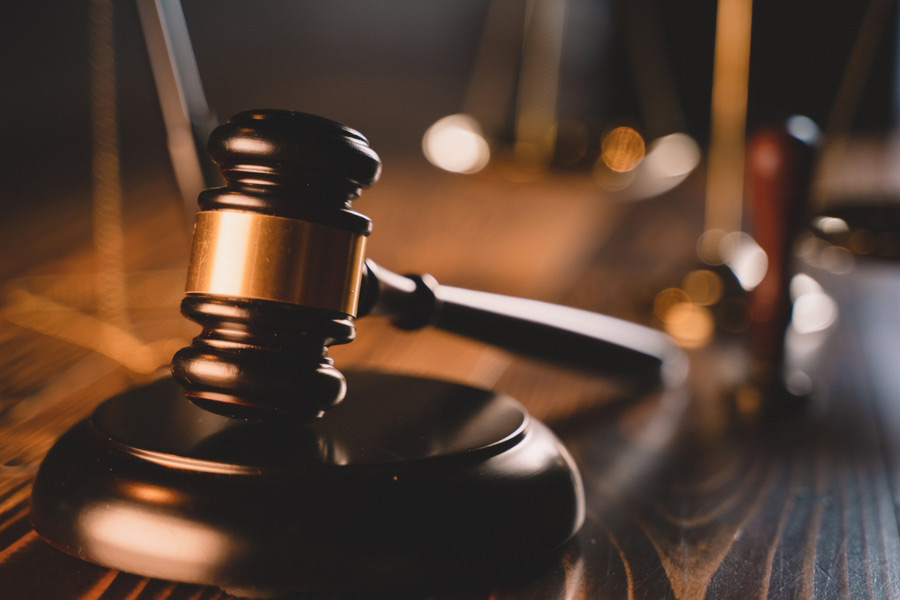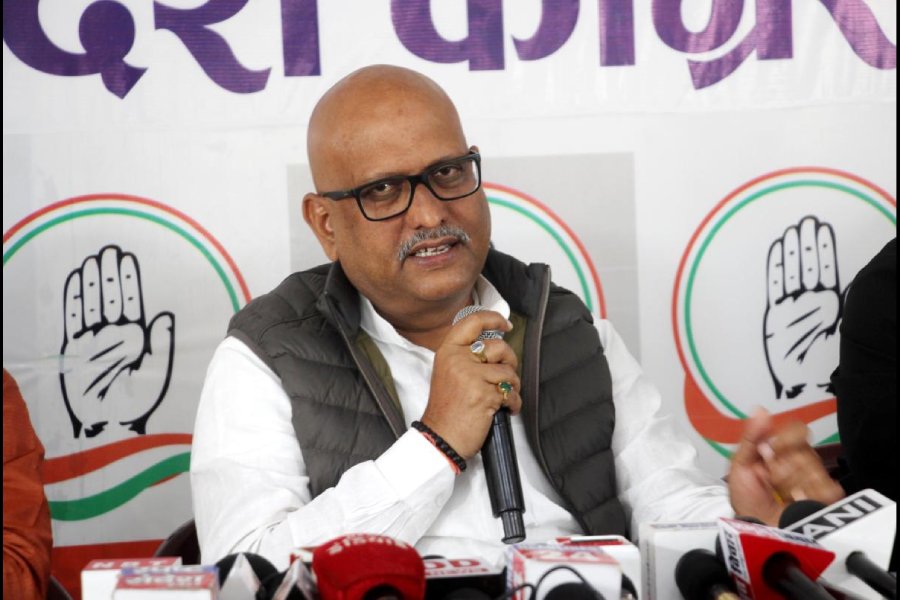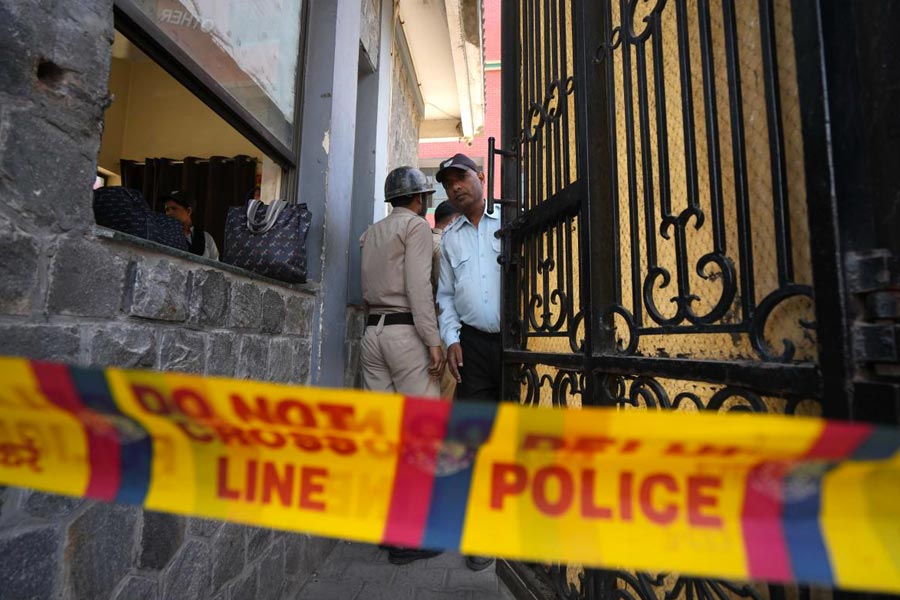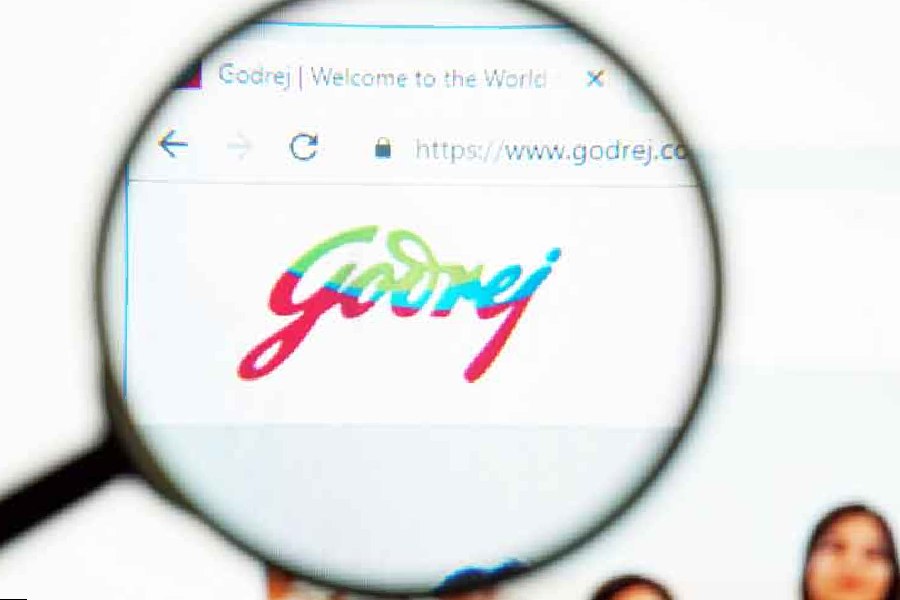Protecting personal data and its processing for ‘lawful’ purposes are the two poles that professedly govern the Digital Personal Data Protection Act, 2023. Lawfulness in this case is a many-layered concept; much of it seems to depend on the government’s interpretation. Meanwhile, the absence of any reference to journalism, which turns on the collection, storage, processing and dissemination of data, might prompt cynics to suggest that its lawfulness is in question. The Editors Guild of India, however, addressed the problem of provisions in the law that would restrict journalistic practices by sending a detailed representation to the ministry of electronics and information technology and requesting an exemption for journalists. They are exempted in personal data protection laws of countries in the West, as they were in the 2018 data protection bill prepared by the Srikrishna committee. Now, however, the DPDPA’s insistence on consent for the processing of personal data, for instance, would affect investigative journalism, the collection of news and research — requiring data storage for reference and verification — to produce analyses and form opinions. Refusal of consent would prevent journalists from doing their job, which is unconstitutional, but just asking for consent or specifying a purpose, another requirement, may render investigative work pointless. Withdrawal of consent, allowed by the Act, would be equally damaging. Besides, journalists could be compelled to reveal their sources — professional heresy — because the DPDPA empowers the government to call for any information it wishes.
While the right to protect personal data is of great importance, it should not be used to violate the right to free expression and the right to know. A democracy needs fearless journalism for its own protection: transparency, accountability, an environment of debate and contrasting opinions, a reliance on facts and an understanding of causes, an informed citizenry which can make independent choices are all symptoms of a flourishing democracy. Restricting access to data and laying close to impossible conditions on journalists are to push democratic principles backwards in the name of a progressive legislation. This has been achieved by not mentioning journalists, which means that they will have to comply unless exempted as a class. Journalists have always been bound by codes of relevance, propriety and the security of information. That was adequate so far — unless, perhaps, the flow of information is no longer welcome?










